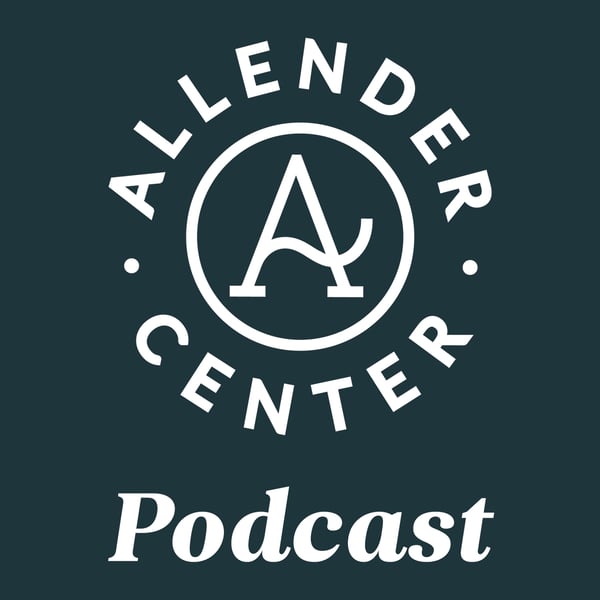Dealing with Difficult People, Part Two
The Allender Center Podcast
The Allender Center
4.6 • 628 Ratings
🗓️ 20 October 2017
⏱️ 22 minutes
🧾️ Download transcript
Summary
This week, Dan continues his series on dealing with difficult people. He provides three questions to consider about the nature of these relationships. He then explains that your ability to know your yes from your no, your willingness to address confrontation, and your readiness for reconciliation are all central to working within and out of these relationships.
Transcript
Click on a timestamp to play from that location
| 0:00.0 | We're listening to the Allender Center podcast with Dr. Dan Allender. |
| 0:07.7 | This week, Dan continues his series on dealing with difficult people. |
| 0:12.4 | He provides three questions to consider about the nature of these relationships. |
| 0:16.8 | He then explains that your ability to know your yes from your no, your willingness to address confrontation, and your readiness for reconciliation are all central to working within and out of these relationships. |
| 0:31.9 | In the last podcast, I addressed the question of how do we deal with difficult people. Let me give you a picture of |
| 0:40.6 | one of the difficult people that I interacted with some many moons ago. It happened to be a person |
| 0:48.6 | who was sponsoring a conference that I was doing. And the first day that I arrived met with this gentleman. |
| 1:01.0 | And as, you know, getting to know one another, talking about what he was hoping for for his church and what we were attempting to accomplish by |
| 1:13.5 | doing the conference, it became very clear that though he had invited and provided this space |
| 1:20.1 | to do the conference in his church, on the other hand, he had some real questions about the |
| 1:26.3 | material that I was teaching. |
| 1:28.1 | It happened to be on some of the material I'm covering now on Bold Love. |
| 1:33.2 | And as we began that conversation, even though he had sponsored, we were about to begin |
| 1:39.1 | that conference that evening, it was clear that he had some real critical remarks to make regarding my concept |
| 1:47.2 | of what it means to forgive, what it means to love. And I'm actually quite intrigued by |
| 1:55.0 | people's agreements and disagreements with me and others. So we stepped into it. But the more we wrestled with our |
| 2:05.9 | differences, there seemed to be this upping of ante of his own need to talk. And so when I offered |
| 2:16.4 | either agreement, it didn't seem to bring us any level of |
| 2:22.2 | closeness. When I differed, it didn't even get addressed. It simply got ignored. And the longer |
| 2:31.5 | that he spoke, the more exhausting this interaction seemed to be. |
| 2:36.9 | As opinionated as he was, there was a sense that there was a fragility that I had to take care of in order to not offend my host. |
| 2:46.8 | If we go back to that power intimacy scale, he really was far more in the role of being, |
... |
Please login to see the full transcript.
Disclaimer: The podcast and artwork embedded on this page are from The Allender Center, and are the property of its owner and not affiliated with or endorsed by Tapesearch.
Generated transcripts are the property of The Allender Center and are distributed freely under the Fair Use doctrine. Transcripts generated by Tapesearch are not guaranteed to be accurate.
Copyright © Tapesearch 2025.

